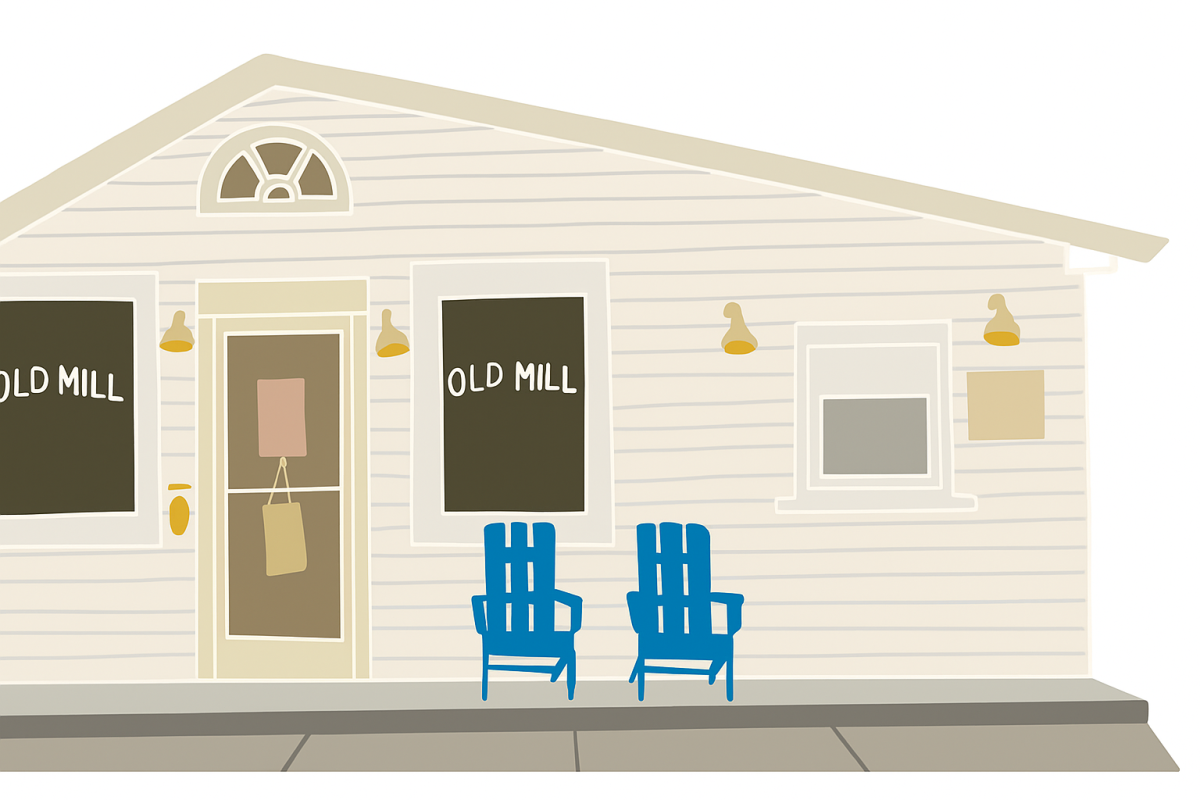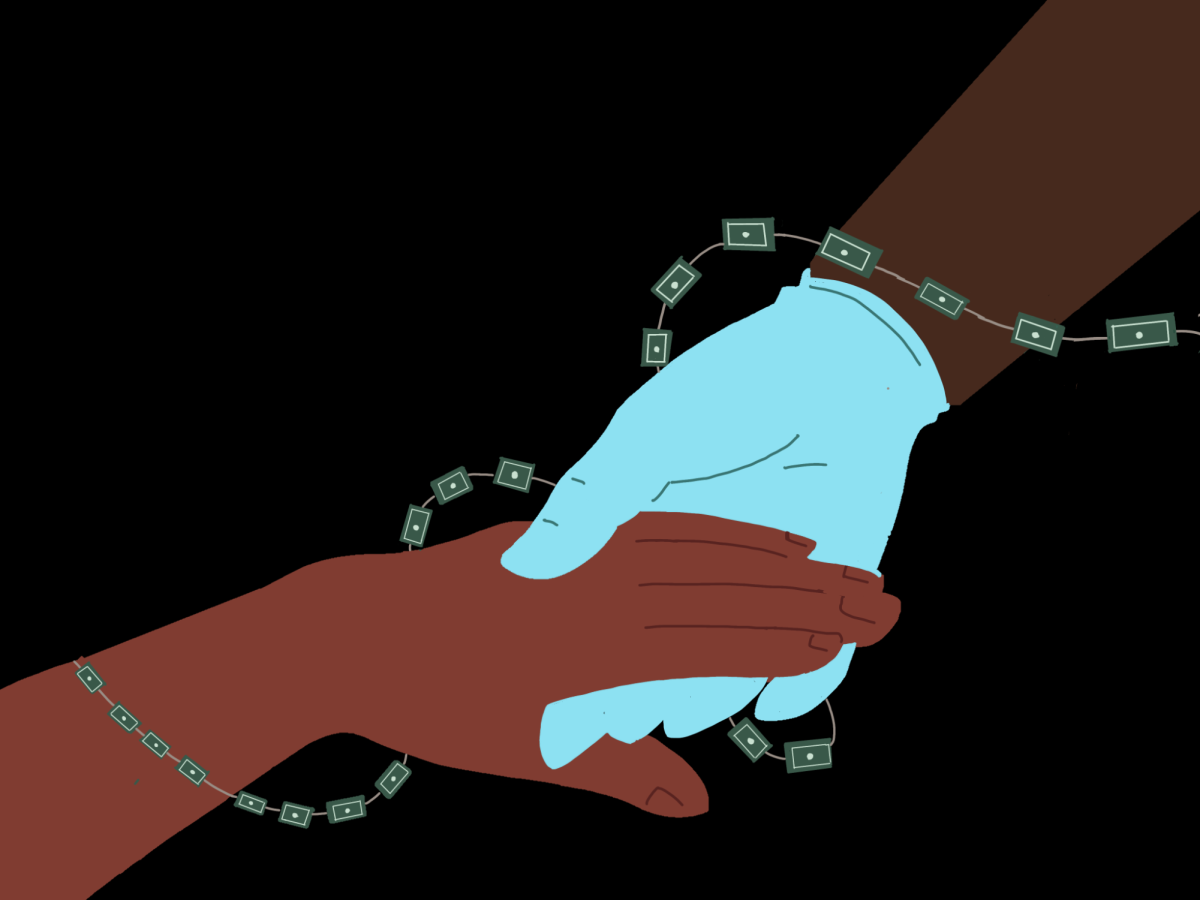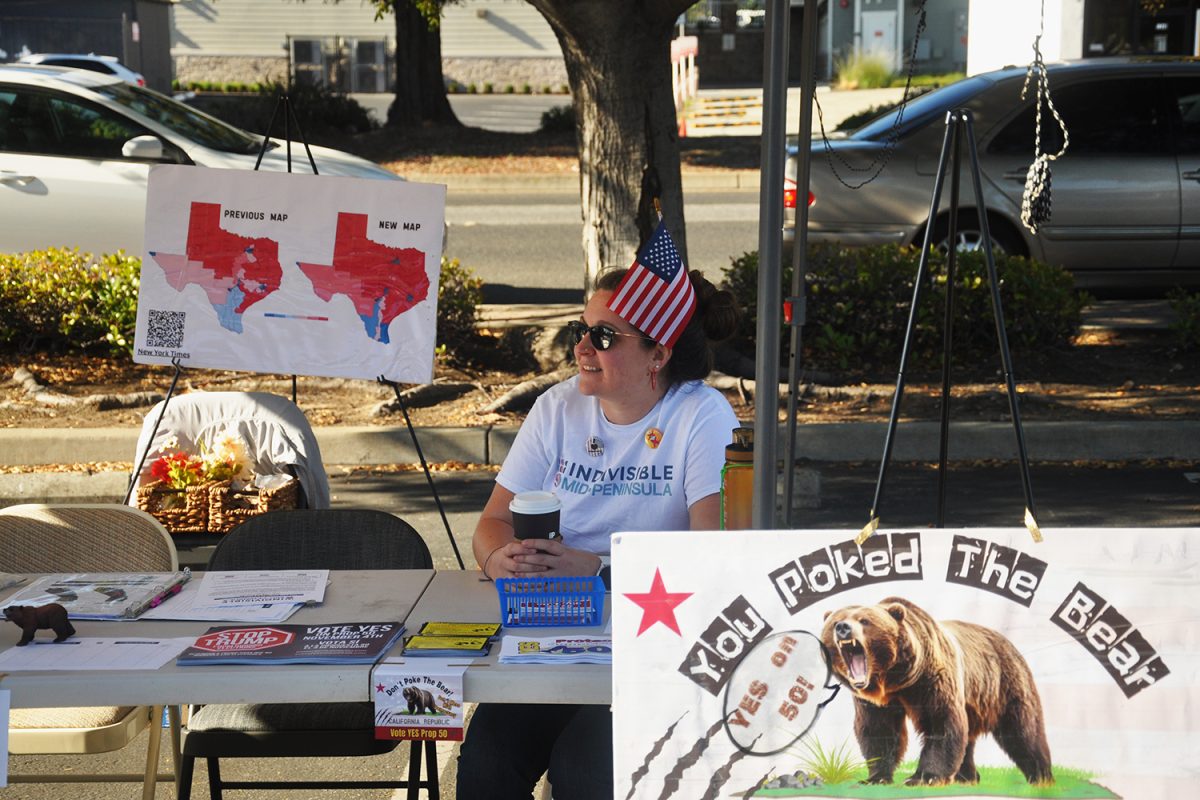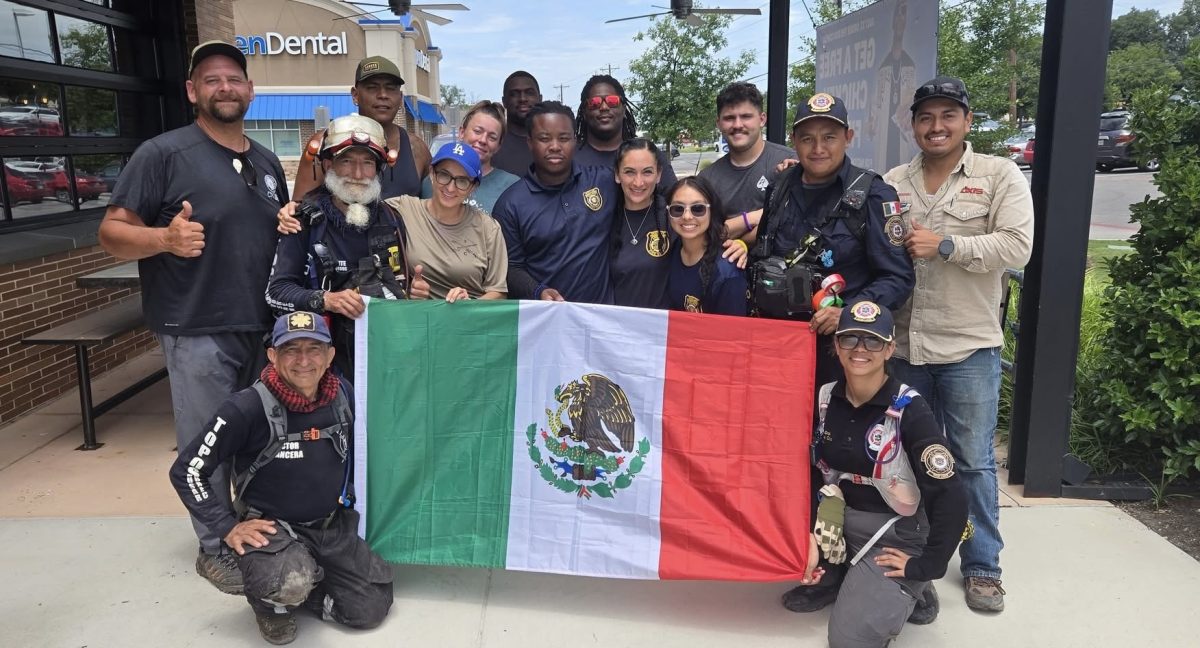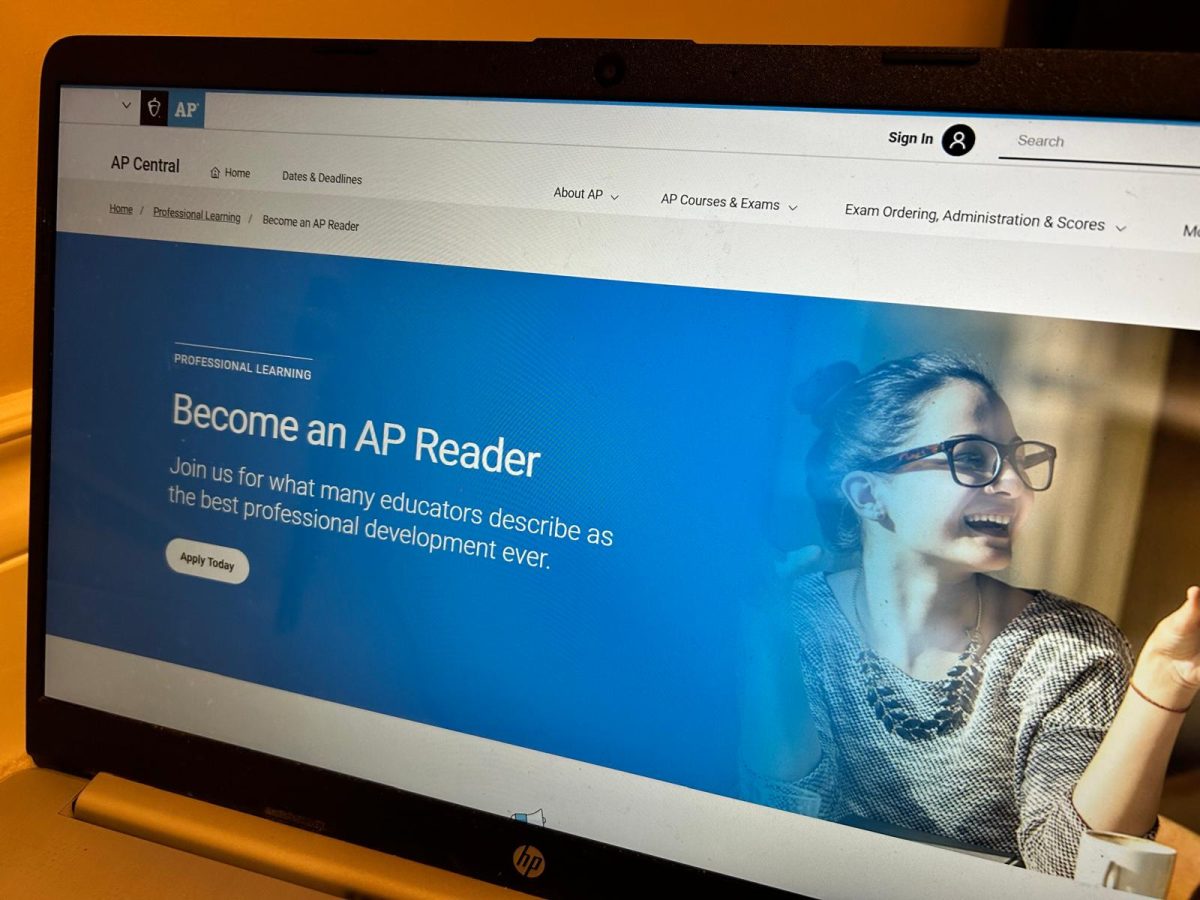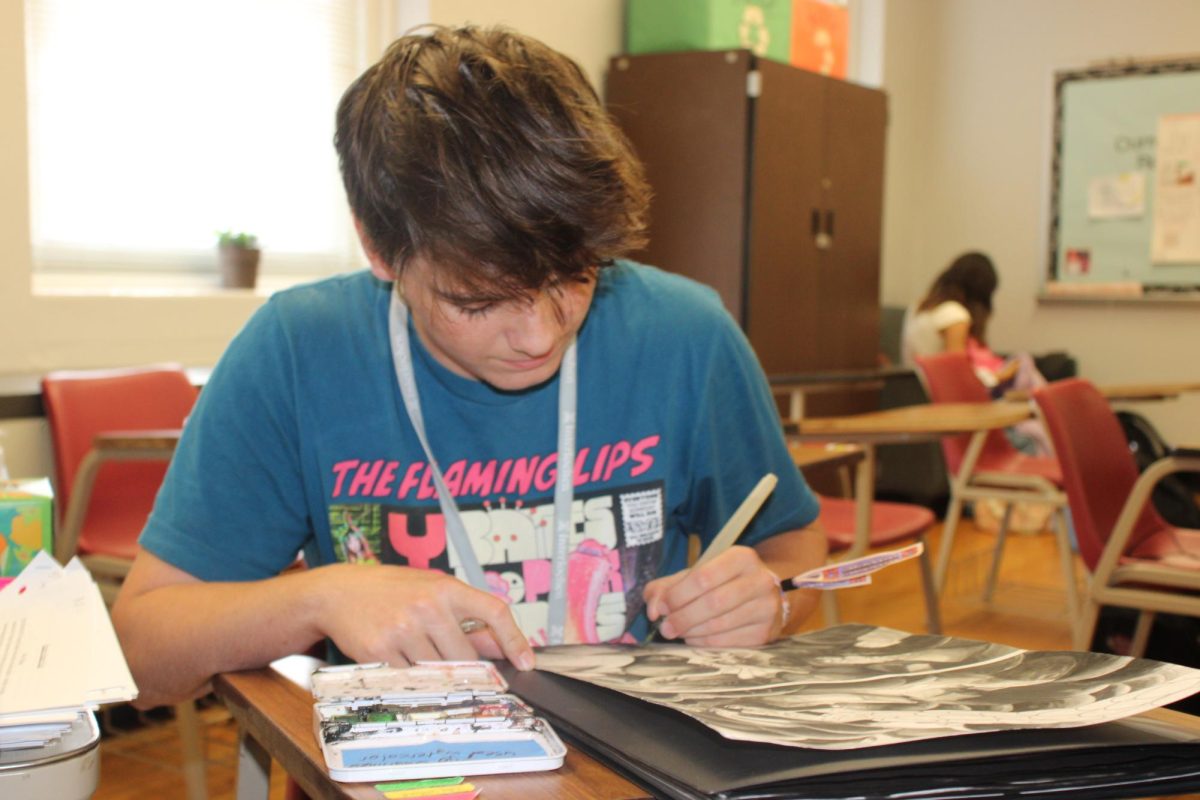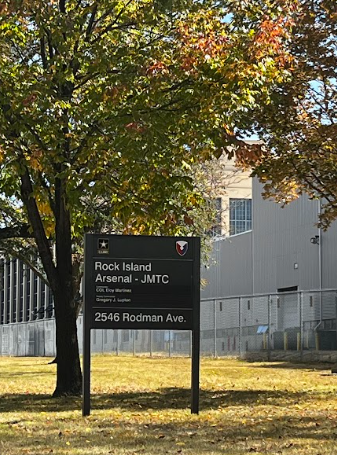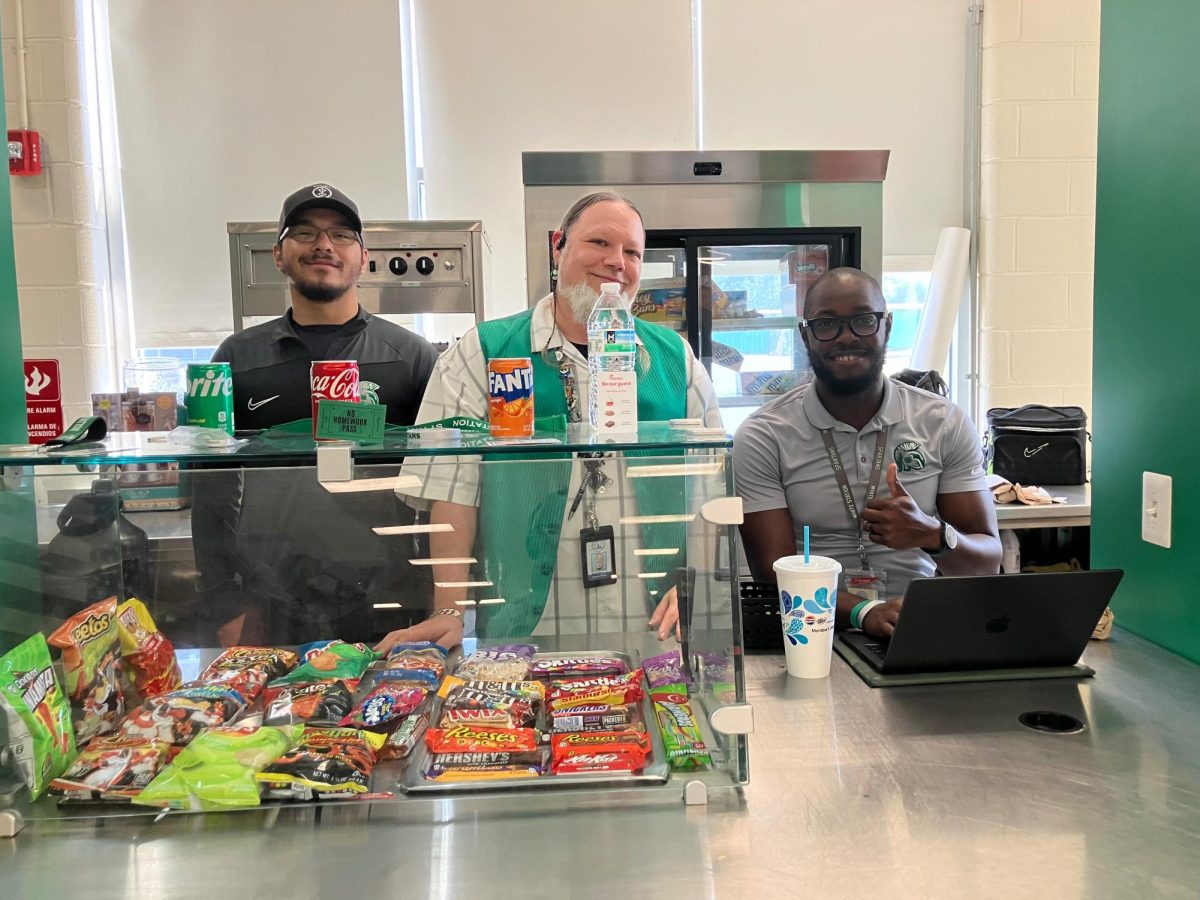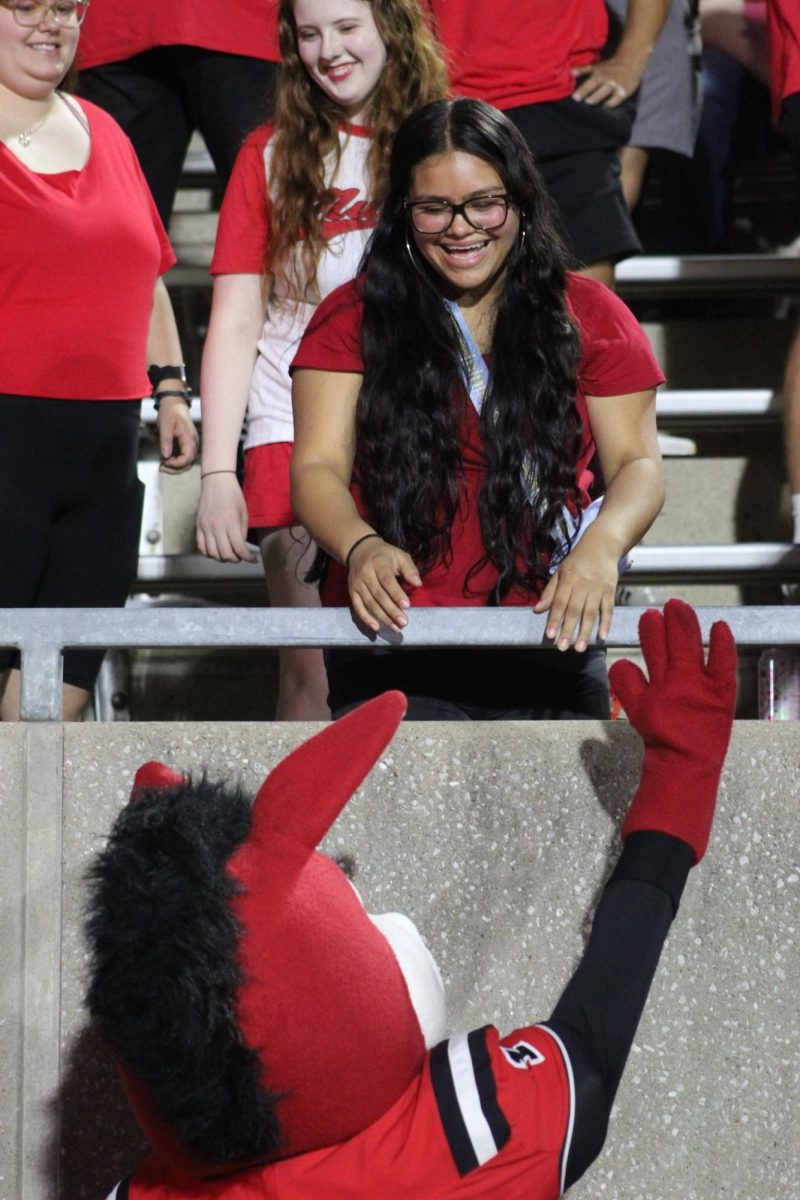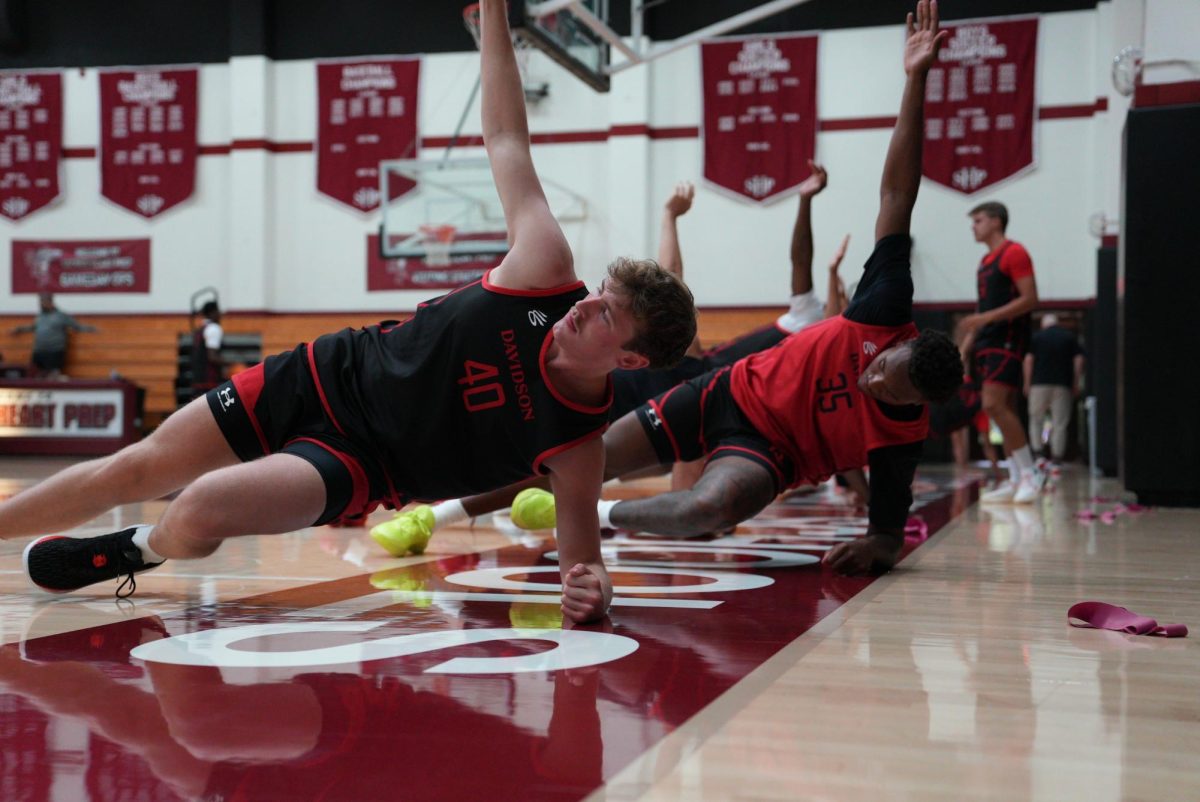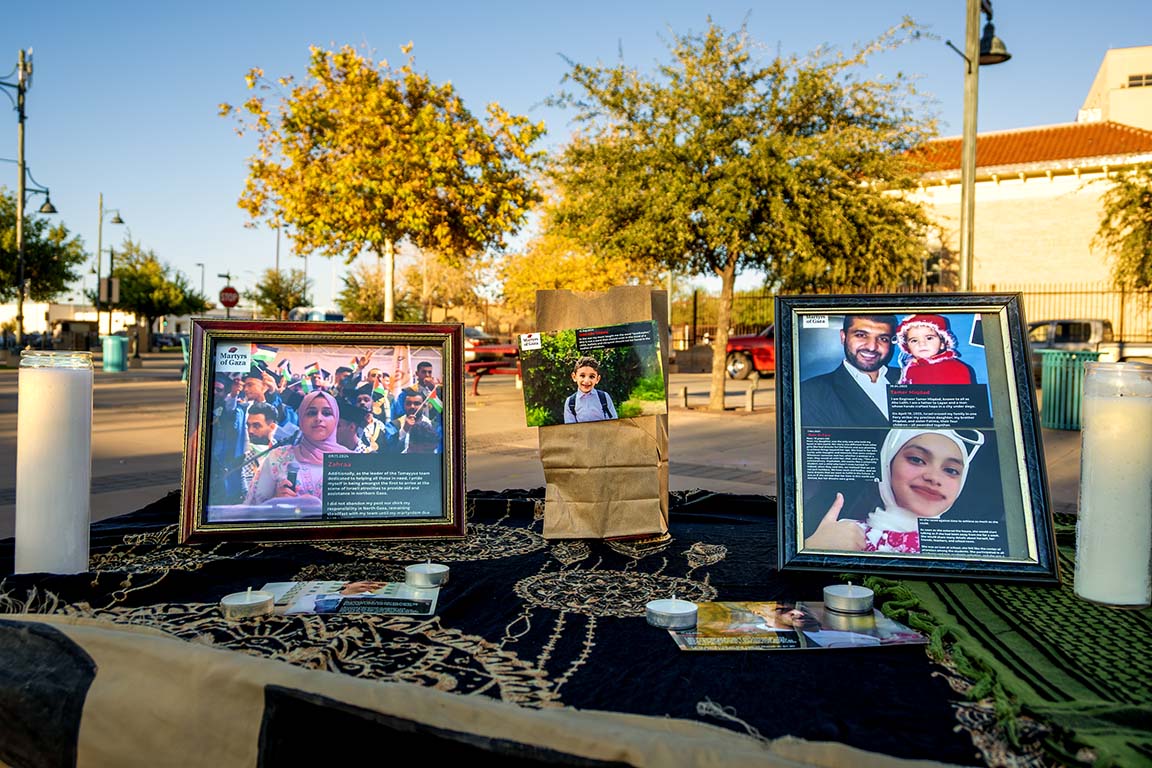Emma Gladstein never runs out of energy drinks. She also never runs out of peanut butter powder, iced tea, teeth whitening strips, bracelets, meal replacement, and new clothes.
You see, Gladstein is a Stevenson student-athlete — a high-profile one at that, having transferred from Division I Delaware to play field hockey for the Mustangs. And because of her status, she has deals with Celsius, PBfit, Lokai, Halfday, Fit & Lean, Amazfit, and Liquid I.V electrolyte drink mixes.
Gladstein, a senior, has received her Name, Image and Likeness deals through an agency called 98Strong, from which she has received a multitude of free products ranging from new clothes at Hot Topic to teeth whitening strips from Lumineux to an energy drink mix from Pure Kick.
“I benefit from having these NIL deals because I get to learn how to work with different kinds of people, and receive cool products,” Gladstein said.
Gladstein, like other Division III athletes, has taken advantage of the NCAA’s new permissions to receive name, image, and likeness (NIL) deals. They may not be as lucrative as some of the multi-million deals negotiated by Division I athletes, but they are helpful.
NIL deals were exclusive to professional athletes until July 1, 2021, when the NCAA approved the name, image, and likeness policy, which allows student-athletes to monetize their NIL.
Demetrius Salley, a senior football player, was entering his second year of eligibility when the new ruling came into effect. Salley quickly took advantage of it and began making connections through the app PostGame, a sports marketing agency that connects brands with college athlete influencers.
“Postgame helps connect smaller school athletes to bigger companies for specific NIL deals,” Salley said. “They work as my personal agent to get me different deals that fit my style and personal brand.”
When athletes work with third-party agencies like PostGame, they are able to accept direct payments for promotional posts or receive free sponsored products.
Salley receives free products from the companies he’s currently working with, which include HeyDude shoes and Haggar Dress Pants.
“Some athletes use these deals to promote their personal brand that goes beyond just college athletics, while others simply use it to help finance their way through college and life,” Salley said.
Stevenson University women’s basketball coach and NCAA compliance director Jackie Boswell said student-athletes should be wary when doing a NIL deal.
“Our (the staff) biggest role at the university is to educate the students and make sure they don’t get themselves in any kind of trouble, whether it is financially or with (the) NCAA. Our only job is to educate or keep track of things,” Boswell said.
SU field hockey coach Morgan Biting said she was “thrilled” that her players could take advantage of NIL opportunities.
“There is a lot of buzz around NIL deals and their impact on collegiate athletics at the moment,” Biting said.
NIL deals have been sweeping the nation ever since the NCAA ruling in 2021. In previous years, college athletes were unable to use their names, images, and likenesses to gain a profit. What does this mean, and how does it change college sports’ dynamics?
In the simplest of terms, NIL for college athletes means college athletes are able to receive financial compensation. That being said, it is important to understand that schools cannot pay students directly for their athletic achievements. Also, coaches are unable to offer money to students while recruiting for their respective sports.
Financial compensation comes from students branding themselves and promoting companies using their name and image. This has been a fight since the early 2000s. At that time, student-athletes saw the billions of dollars generated by their labor, and they felt as if their colleges should share the pie with the athletes.
Although NIL deals have been gaining traction in the United States for some time, a large majority of people still believe they are bad for college sports in general.
Nick Saban, arguably the greatest college football coach of all time, said that NIL deals are becoming a “pay to play” ordeal where colleges are promoting to the best athletes in the nation how much money they could make at their school.
In Division I, especially, college athletes are making millions of dollars, which was unheard of just five years ago. Caleb Williams, who was just drafted number one overall by the Chicago Bears, made an estimated $10 million in his final year at the University of Southern California.
College students have been profiting from NIL, especially at the Division I level, but Division II and Division III student-athletes have been finding their way into gaining sponsorships and deals as well.
It is not surprising to hear that Division III athletics is a huge step down compared to Division I. From talent level, overall revenue gained, and attendance, there is a large gap.
Connor Printz, a Division III basketball player who attends Claremont McKenna College, has just under a million social media followers and over 80 NIL deals. The NCAA allows for NIL deals, so Connor can play basketball while also using his social media presence to gain revenue off the court.
Rules and regulations are still a big part of NIL and should not be overlooked. Looking over the Stevenson NIL page, there are many rules that student athletes should be aware of before partaking in any sponsorships off the field. Here are some rules to look out for:
- NIL compensation opportunities may not be performed when engaged in official team activities, on or off-campus (e.g., athletically related and academic activities). This includes, but is not limited to media activities, team travel, community service, and Stevenson University fundraising events.
- Use of University or athletic department registered trademarks, products protected by copyright, or official logos or marks, is prohibited without the express written permission from the University Vice President for Marketing and Digital Communications.
- Use of University or athletic department facilities for NIL activities is prohibited without express written permission from the University and/or athletics department. Please contact the Assistant Athletics Director responsible for External Rentals for additional information related to athletic department facility rental contracts.
Failure to comply with these rules could result in athletes becoming ineligible in their sport.
Susannah Lehr is a junior on the women’s track team who, like Salley, also has an NIL deal through PostGame.
“I’ve benefitted the most from NIL deals by getting free merchandise, which I have to advertise on my social media platforms,” Lehr said. “I also like how they want as many athletes to receive these benefits too and encourages me to connect my teammates to them as well.”
Sports Reporter Ben Johnson contributed to this story.
This story was originally published on Stevenson Villager on May 9, 2024.


